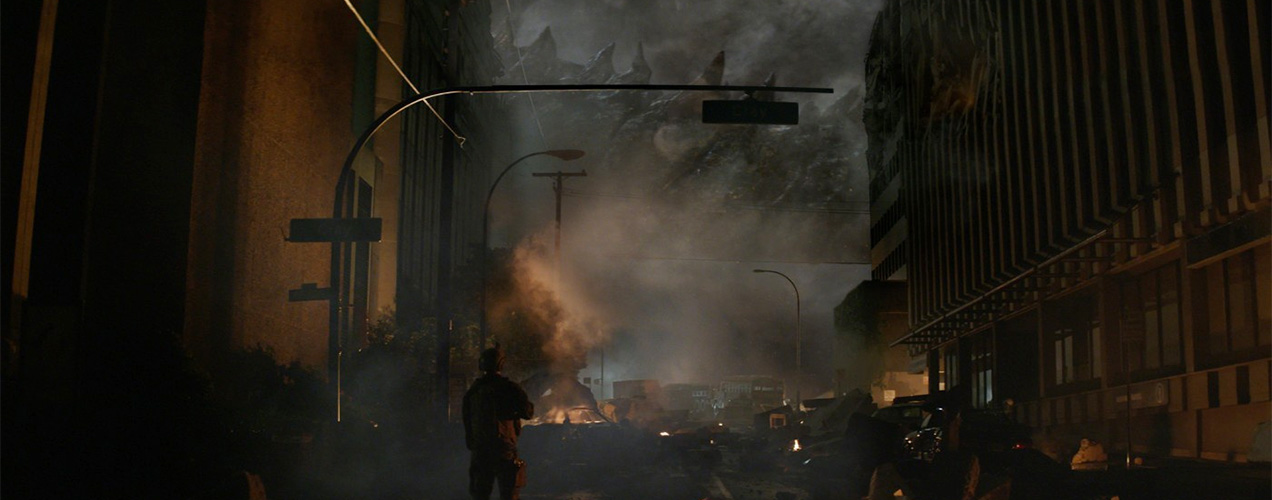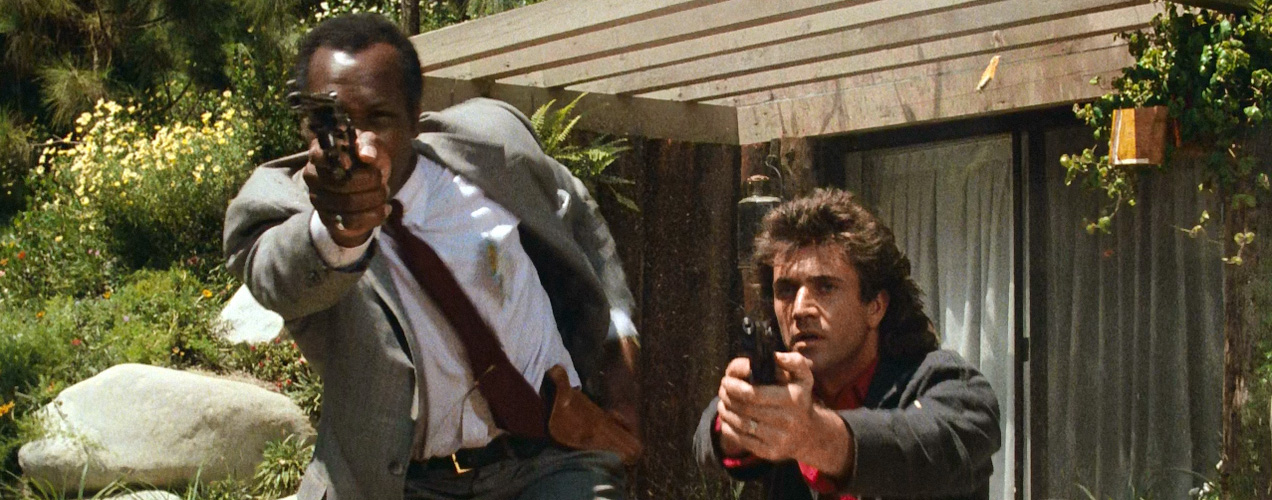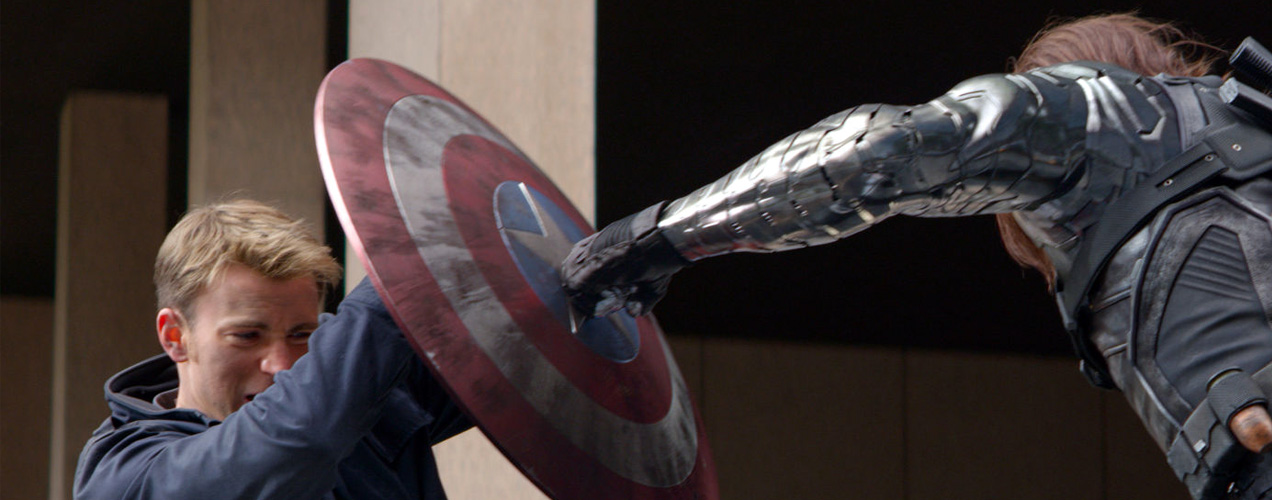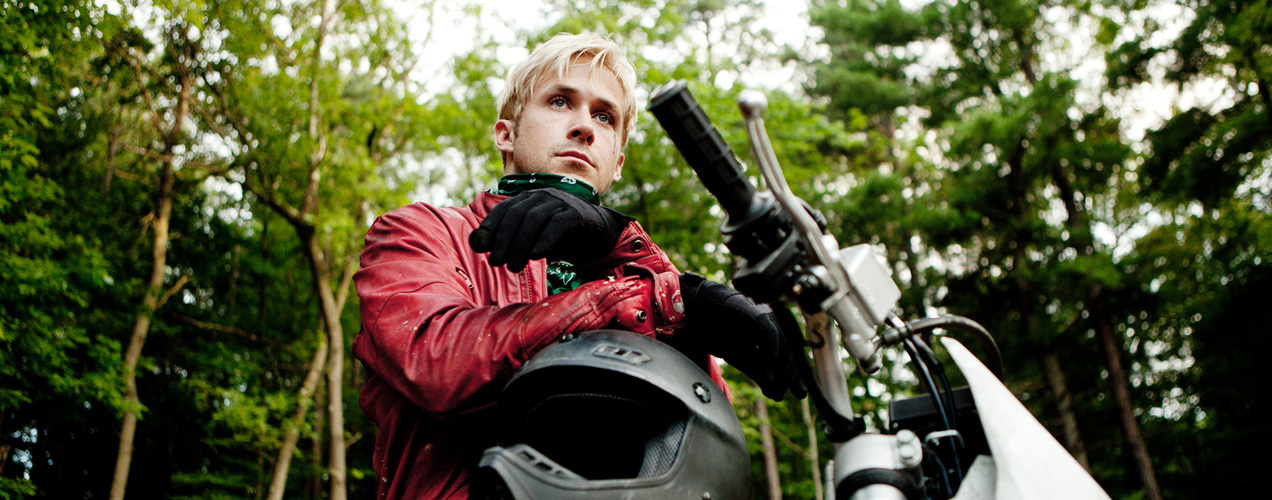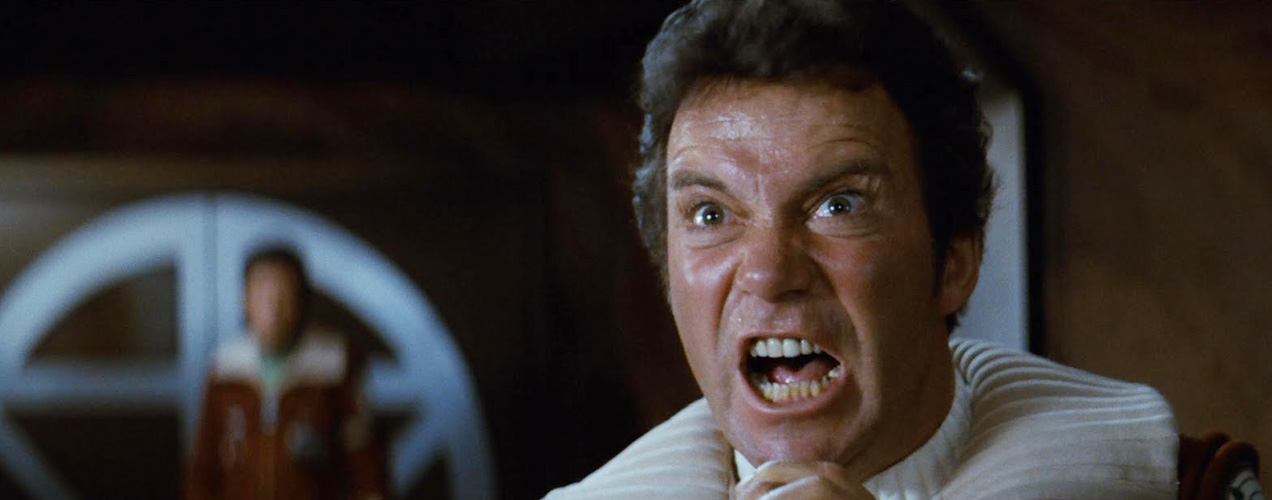2012 / Ridley Scott > Michael Fassbender is the best android ever: This, sadly, is the one true takeaway from Ridley Scott’s return to the Alien universe. If forced to admit another, it would be that the elder Scott brother has now further cemented himself as arguably the single most overrated director working today. For him, style over substance has become par for course, and while that isn’t a bad thing, it’s consistently kept him from being great since 1982. His ability to generate such incredible hype based on the success of two films made 30 and 33 years ago is a testament to the power of the Hollywood hierarchy.
Much of this is incredibly frustrating because, while I prepared for Prometheus with lowered expectations, there were still enough moments of complete awe for me to start hoping that, by the end, there would be some kind of pathos that made the experience complete. But there wasn’t, not really. Not the kind of thing that you remember for years on end and harken back to as a point of continuous reference. Who could forget “tears in the rain?” Isn’t that scene what made Blade Runner click? I’d argue that scene alone is responsible for half of the film’s cult following. It perfectly encompassed everything, thematically and spiritually, and completed both the characters’ and the audiences’ emotional arc. In other words, it’s exactly what Prometheus was missing.
Visually, it’s gorgeous, spellbinding. The vast landscapes are easy on the eyes but creeping on the nerves. There’s tension built into every shot, every angle. In fact, it’s so beautiful that I even excused the presence of a few obviously stock characters. Then again, the film is so concerned with looks that Noomi Rapace, giving her best performance since The Girl with the Dragon Tattoo, has full make-up on while on exploration missions deep inside alien caves. Still, maybe she’s just that type, right?
There’s no nitpicking here: The film clearly lacks rationale for quite a few of its climactic sequences. This, of course, shouldn’t be surprising since it’s written by the mastermind behind the con that was Lost: Damon Lindelof. His outline is simple: Create mysteries, throw down an emotional smokescreen and walk away without answers. And I’m not even suggesting that we need anything concrete—the best films leave room for our imagination—we just need context. Context allows us to connect the dots and make films personal. This film, it’s not personal. It’s a hollow shell with beautiful, gorgeous explosions and even prettier eye candy. With more restraint, Prometheus could—and should—have been amazing, but instead we’ll just have to settle for a forgettably good time.

